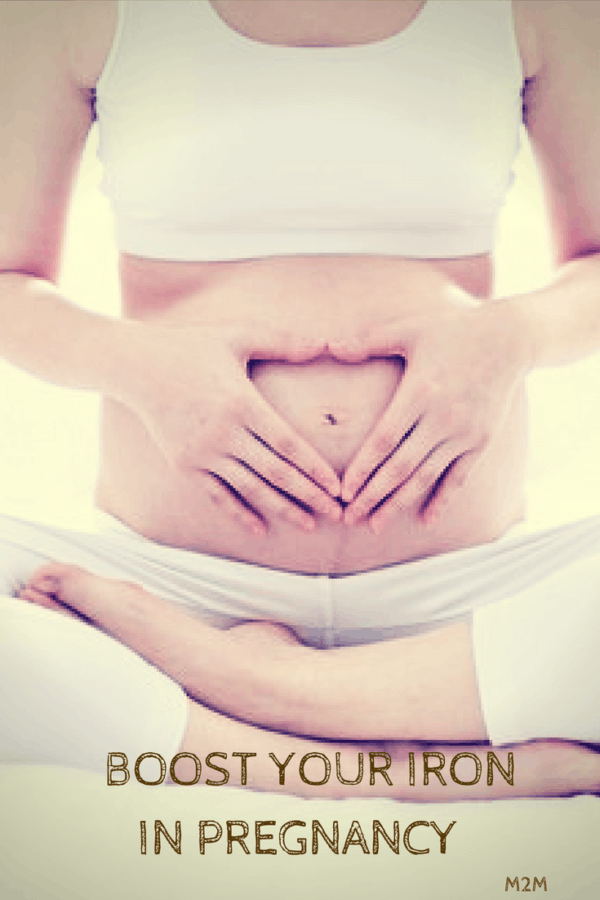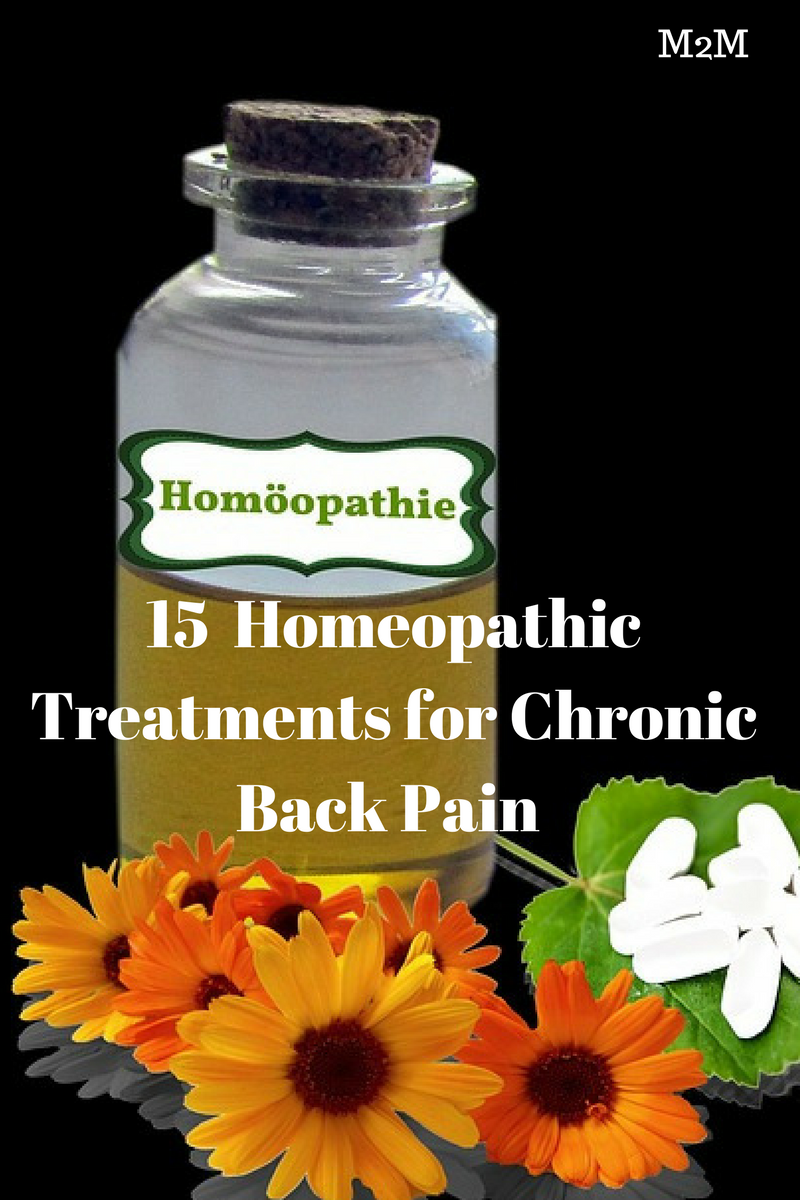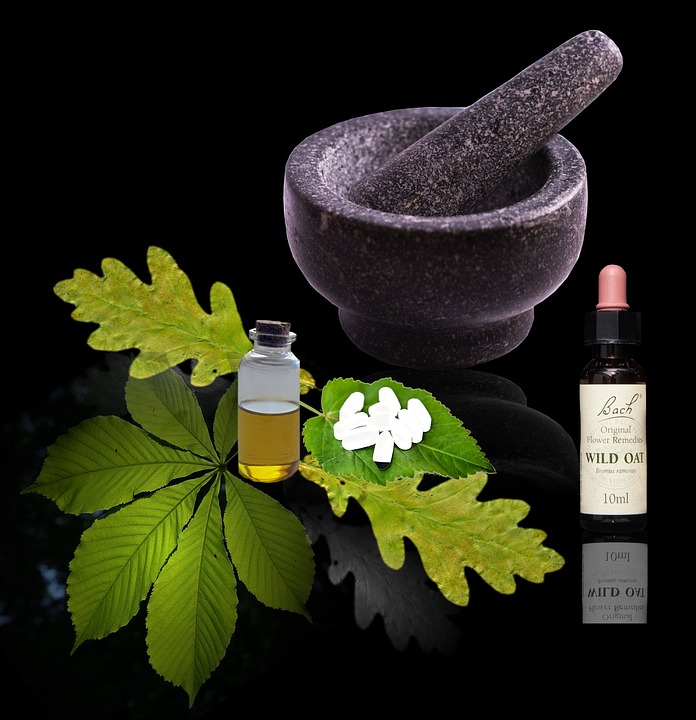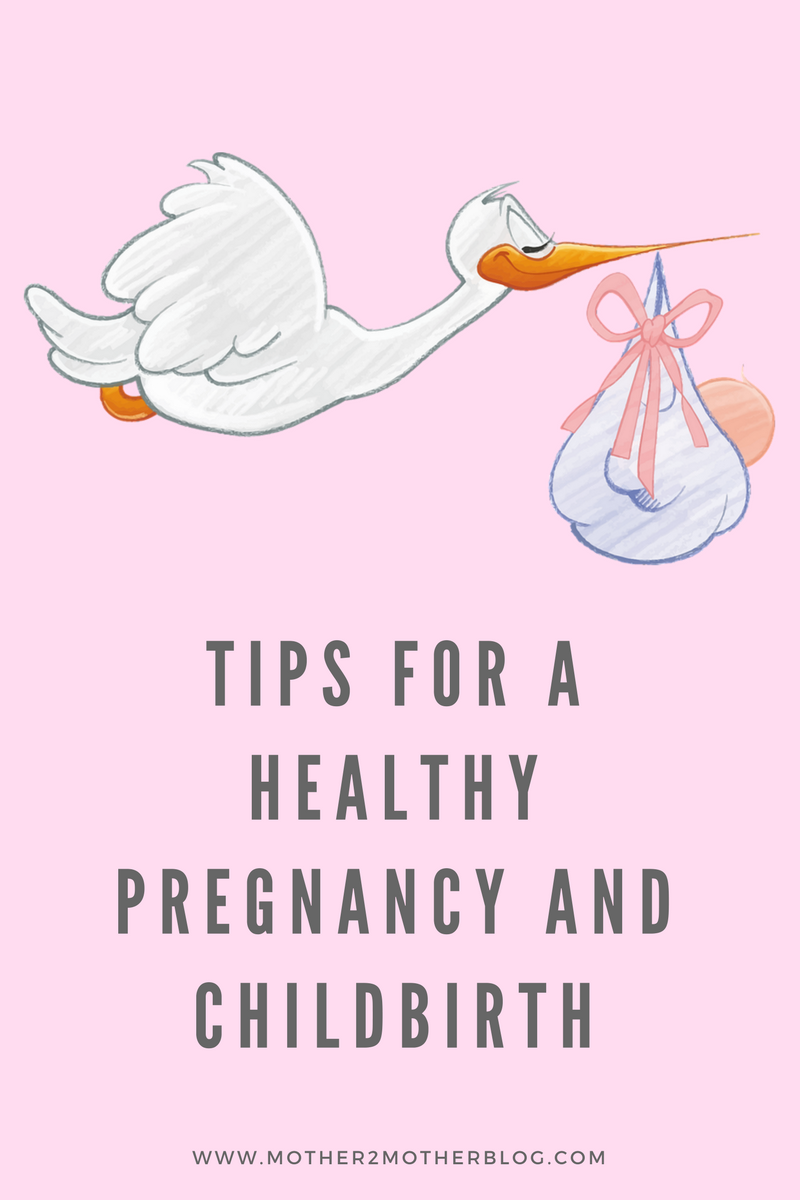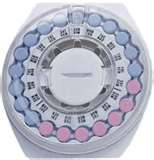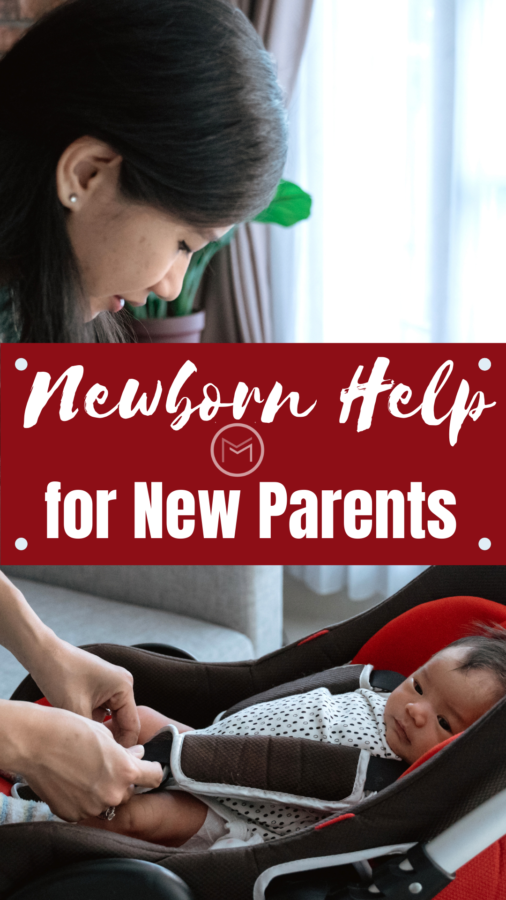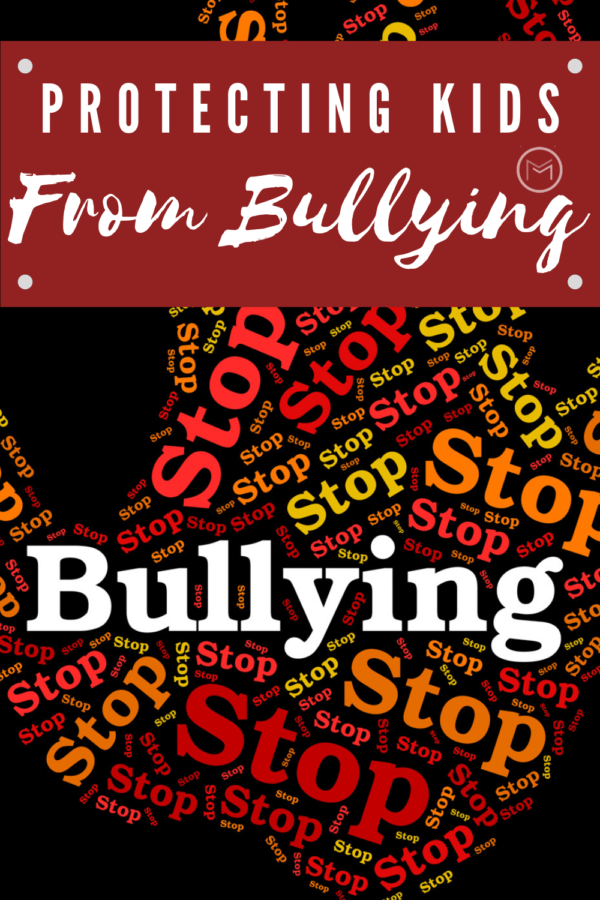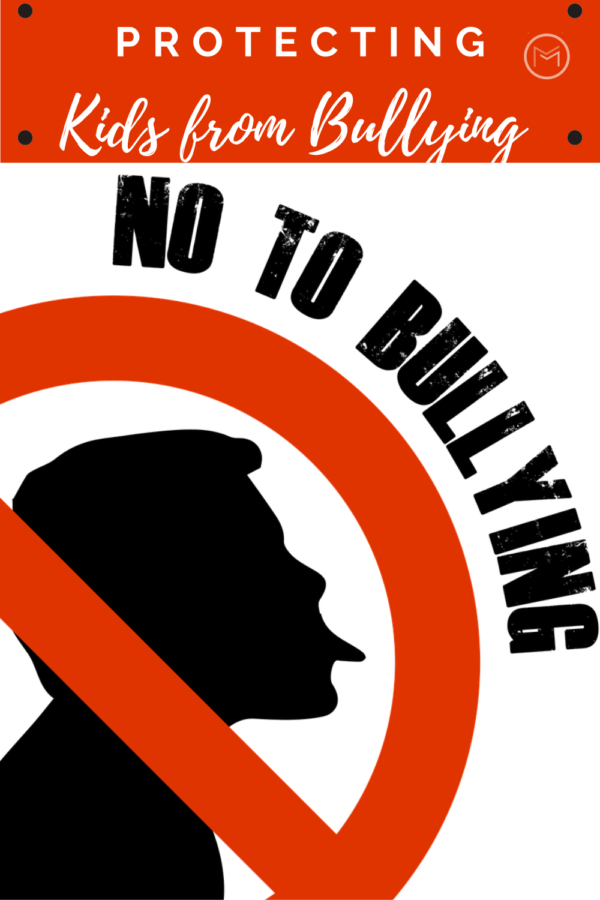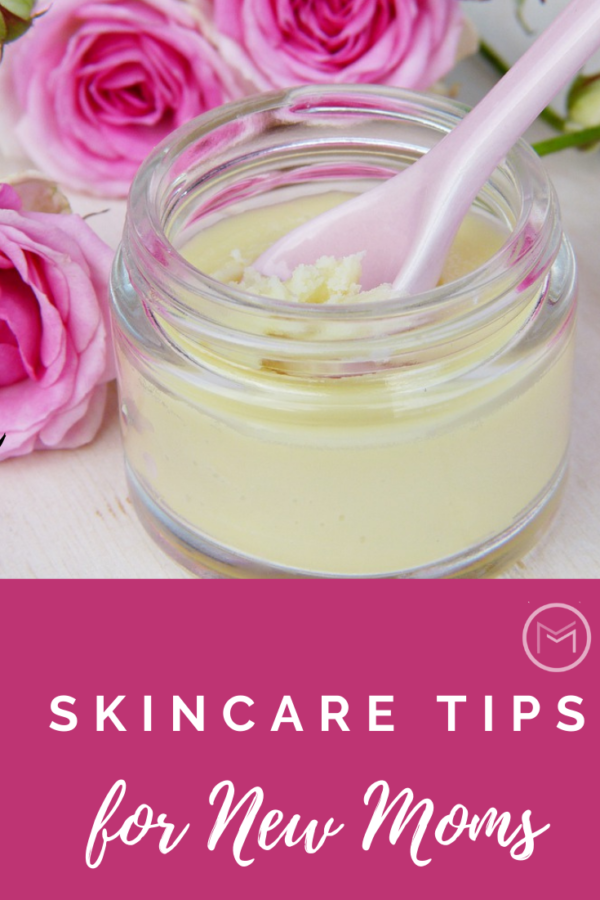Today, I’m sharing parenting tips on staying healthy through pregnancy. You need a healthy body for your baby to develop well for nine months. Ideally, you can start planning for a healthy pregnancy before you get pregnant. Early preparation will allow your physician to show you how to avoid exposing your baby any form of toxins.
To achieve the best outcome without any prenatal or delivery complications, treat all chronic medical conditions properly before getting pregnant. You must also refrain from smoking, taking alcohol or illicit drugs, and excessive drinking of caffeinated drinks.
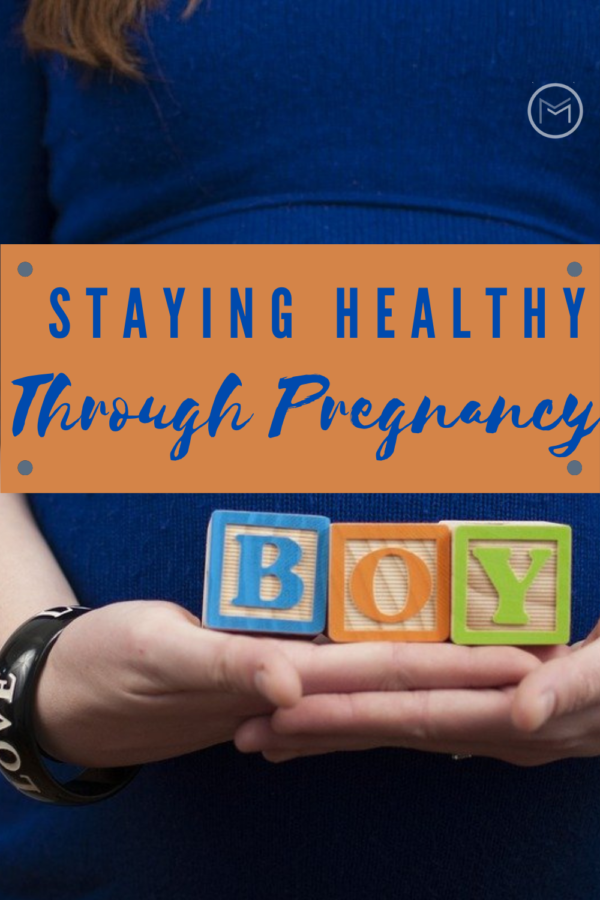
Staying healthy through pregnancy:
- Keep a Healthy Weight
Work on your weight before you get pregnant. During pregnancy, you will be eating to keep two people healthy. That means weight gain will occur during a normal pregnancy.
Tracking your weight gain during pregnancy helps you avoid putting on weight that you will struggle to lose. Check your body mass index to know if you are overweight, underweight, or normal. If you have a normal weight, you should limit your weight gain to between 25 to 35 pounds.
- Do More Exercise
Engaging in regular exercise improves your health. It also cuts down stress and weight gain while enhancing blood circulation. If you want to improve your mood and sleep well at night, exercise for at least 20 minutes daily. You can walk, do Pilates, or yoga.
Kegel exercises are also helpful while you are pregnant. They boost the strength of the lower muscles of the pelvis, and provide strong support for your uterus, bowels, and bladder. Kegel exercises may be done anywhere at any time of the day by simply squeezing your muscles to prevent the flow of urine like you do while you are in the toilet.
- Take Vitamin Supplements
Your baby’s brain and spine start developing from the first month of pregnancy. Ask your doctor to recommend a suitable vitamin supplement that contains essential nutrients like calcium, iron, and folic acid. You should take your prenatal vitamins early in the day, but if they nauseate you, you may take them at night. Consult your doctor if you have any issues or concerns.
- Increase Your Knowledge
If this is your first pregnancy, you need to learn all you can about pregnancy and childbirth. But, if you are having a second or third child, going to prenatal classes is still a good idea. It will enable you to be well-prepared for a happy pregnancy and joyful delivery.
Attending prenatal classes gives you a chance to ask all the questions you may have about your body and baby. You can also bring up issues you’ve had during previous pregnancies with your doctor. Discuss your medical history and if possible, attend the classes with your partner.
- Modify Your House Chores
When you are pregnant, some house chores can become risky. For example, you may be exposed to toxins while cleaning the litter box or washing the bathroom with toxic cleaning agents. These toxins can be harmful to you and your baby. Some of the house chores you need to avoid are:
- Changing your cat’s litter
- Lifting heavy objects
- Stripping lead based pain or using solvent-based paints
You need to take special precautions if you have cats. Cats carry a parasite that causes toxoplasmosis. So, put on gloves if you are working in a place where cats play and have someone clean the litter box for you.
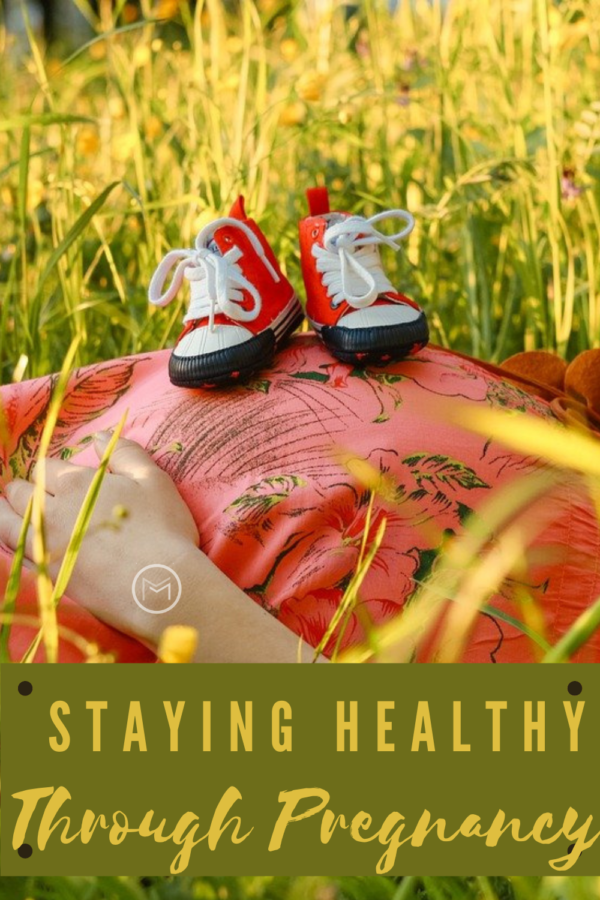
Boost Your Diet With Fruit and Vegetables
Aim for at least five balanced meals with a rich supply of vegetables and fruit. Green vegetables contain folic acid. It is an essential vitamin for the development of your baby’s neural tube that covers the spine. You need folic acid to build new blood cells in your bone marrow.
Also, taking fruits like apples and bananas can boost your energy levels. Remember that you won’t be able to consume a lot of caffeine during pregnancy. So, eating taking natural fruits will give you the energy boost you used to get from caffeine.
By applying these health-boosting tips daily, you can reduce the risk of sickness, poor fetal development, and birth complications. However, these tips are simply for informational purposes. Always consult your physician before you do anything that can affect your health or that of your baby.

